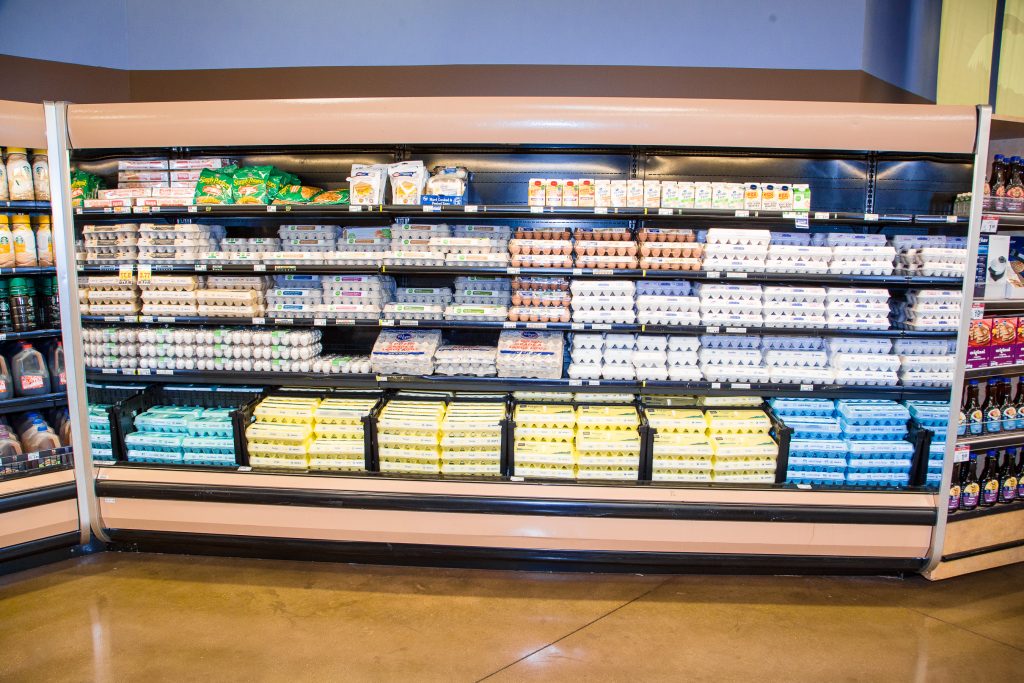written by: dr. jacquie jacob, university of kentucky

most americans like to eat eggs. those eggs are usually chicken eggs. some countries, like china and the philippines, like to eat duck eggs. there are not many producers of duck eggs in the united states.
on average, people eat about 250 eggs each a year. that is a lot of eggs. that takes a lot of hens to produce all those eggs. we typically have over 300 million hens spread around the united states. most of the hens lay white-shelled eggs. there are other breeds of chickens that lay brown-shelled eggs. these are more popular in the new england area.
most of the eggs sold in the stores are from chickens in cages. there are large houses with rows of cages that are sometimes incorrectly referred to as ”factory farms’. keeping hens in cages allows the egg production industry to produce safe and nutritious eggs at low costs. for more information, see the article on why we put hens in cages?
some people prefer to buy eggs from hens that are not kept in cages. these can be from hens that are allowed to roam around in a poultry house (called cage-free or free-roaming production), or those that are allowed to roam outside (free-range production).
chickens must be fed a balanced diet and plenty of water each day. the hen house must be kept clean. the hens need protection from predators. to keep hens laying year round, you need to provide them with the same number of hours of light each day – at least 14 hours of daylight each day. see how many eggs does a hen lay each day?
additional resources
how does a hen produce an egg?
what is cage-free egg production?

